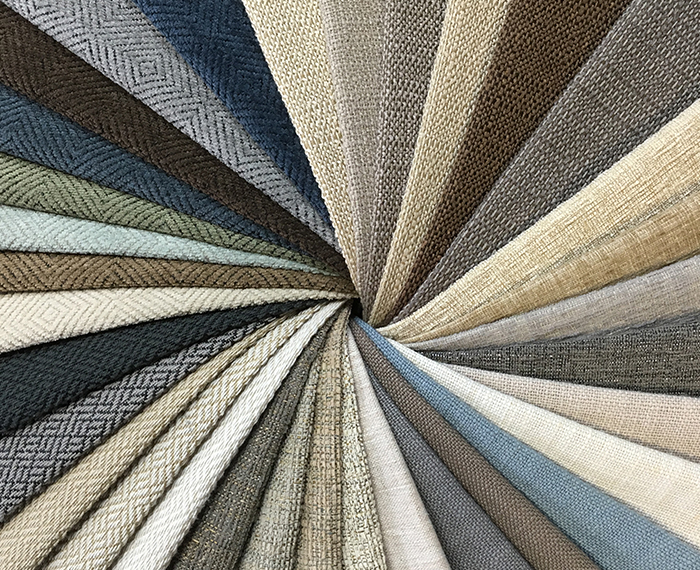A textile is a flexible material consisting of a network of natural or artificial fibers (yarn or thread). Yarn is produced by spinning raw fibres of wool, flax, cotton, hemp, or other materials to produce long strands. Textiles are formed by weaving, knitting, crocheting, knotting or tatting, felting, or braiding. Types Of Fabrics We Deal In
TEXTILE & APPARELS The textile is the most important sector of Pakistan’s economy. In 2017, it contributed almost 8.5% to the country’s GDP, accounted for one-fourth of industrial value-added and employed 40% of the industrial labor force. Amongst textile products, garments have
Read More
Honesty in communication, Passion at work, Transparency in deals, Commitment…
Soft and cozy, terrycloth is an absorbent fabric that is perfect for making towels, robes, cloth diapers,…
Denim is a sturdy cotton warp-faced textile in which the weft passes under two or more warp…
Knitting is the construction of the elastic, porous fabric, created by interlocking yarns by means of…
Woven fabric is any textile formed by weaving. Woven fabrics are often created on a loom, and made…
A textile yarn is a continuous strand of staple or filament fibers arranged in a form suitable for weaving,…
CONSTRUCTION& BUILDING MATERIALS The construction industry is an important sector of the economy and has multiple backward and forward linkages with other sectors. The industry contributes significantly to socio-economic development and employment and there is a consensus on certain common issues that
Read More







